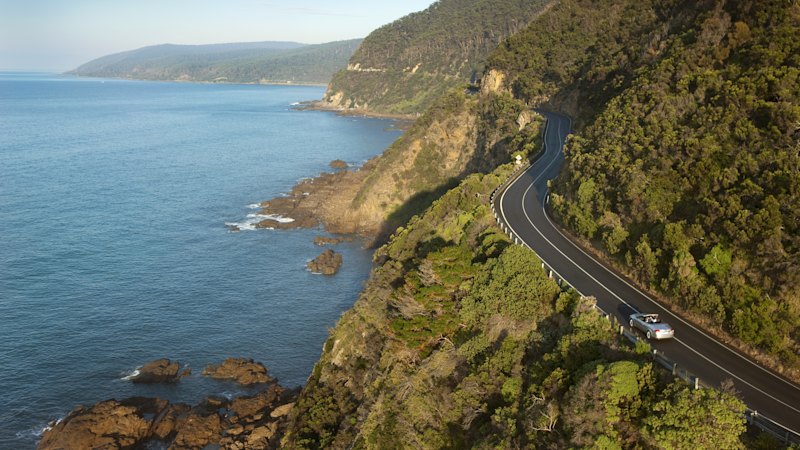
A new report from Greenpeace outlines severe environmental degradation attributed to Russia’s policies and practices, emphasizing the global implications of the country’s actions. Titled Fossil Fuel Empire: The Environment of Post-2022 Russia and the Kremlin’s Threat to Domestic and Global Stability and Sustainability, the document details a significant shift in Russia’s environmental strategy over the past few decades.
Once engaged in environmental protection during the 1990s, Russia has increasingly adopted a stance of “deliberate detachment and obstructionism,” particularly since the onset of its military conflict with Ukraine in 2022. The Kremlin’s focus on sustaining its military efforts has taken precedence over ecological concerns, resulting in alarming trends such as deforestation, water contamination, and land degradation.
As the report notes, Russia’s need for revenue amidst Western sanctions has led to rapid exploitation of natural resources, including not only oil and natural gas but also timber. Deforestation ranks among the top five environmental concerns for Russians, alongside industrial air pollution, water pollution, vehicle emissions, and inadequate waste management.
Impact on Global Environment and Local Ecosystems
The shift in energy exports from Europe to countries like China and India has necessitated the development of export infrastructure that poses significant risks to fragile ecosystems, particularly in regions like Siberia and the Arctic. The extraction and transportation processes in these areas are fraught with environmental hazards. The report highlights that the loss of Siberian forests not only contributes to climate change but also exacerbates the melting of permafrost, leading to increased methane emissions that further drive global warming.
Greenpeace underscores the importance of proper forest management to mitigate deforestation and enhance carbon storage, allowing Russia’s forests to continue serving as vital global carbon sinks. The report warns that without intervention, the degradation of these ecosystems could have dire consequences for both local and global environments.
Challenges in Environmental Monitoring
The ongoing conflict has impeded the work of the Arctic Council, an organization tasked with managing the delicate environment and resources of the Arctic region. Over the last two decades, militarization in the Arctic has intensified, creating additional challenges for environmental oversight.
Greenpeace researchers have raised concerns about the lack of reliable environmental data, noting that Russian authorities have increasingly restricted access to critical information. The report claims that official statistics on deforestation do not accurately reflect reality, as they often exclude illegal logging and misreport the impact of wildfires.
According to the report, the political and economic framework established by the Putin regime not only threatens Russia’s future but also poses risks to global stability. The Kremlin’s militaristic approach contributes to the acceleration of the climate crisis and undermines biodiversity, while the exploitation of natural resources primarily benefits a small elite, leading to widespread domestic crises and a loss of international legitimacy.
Greenpeace’s findings serve as a stark reminder of the interconnectedness of environmental health, geopolitical stability, and global efforts to combat climate change. As the world navigates these complex challenges, the implications of Russia’s environmental policies will likely continue to unfold, affecting not just the nation itself but the international community as a whole.






